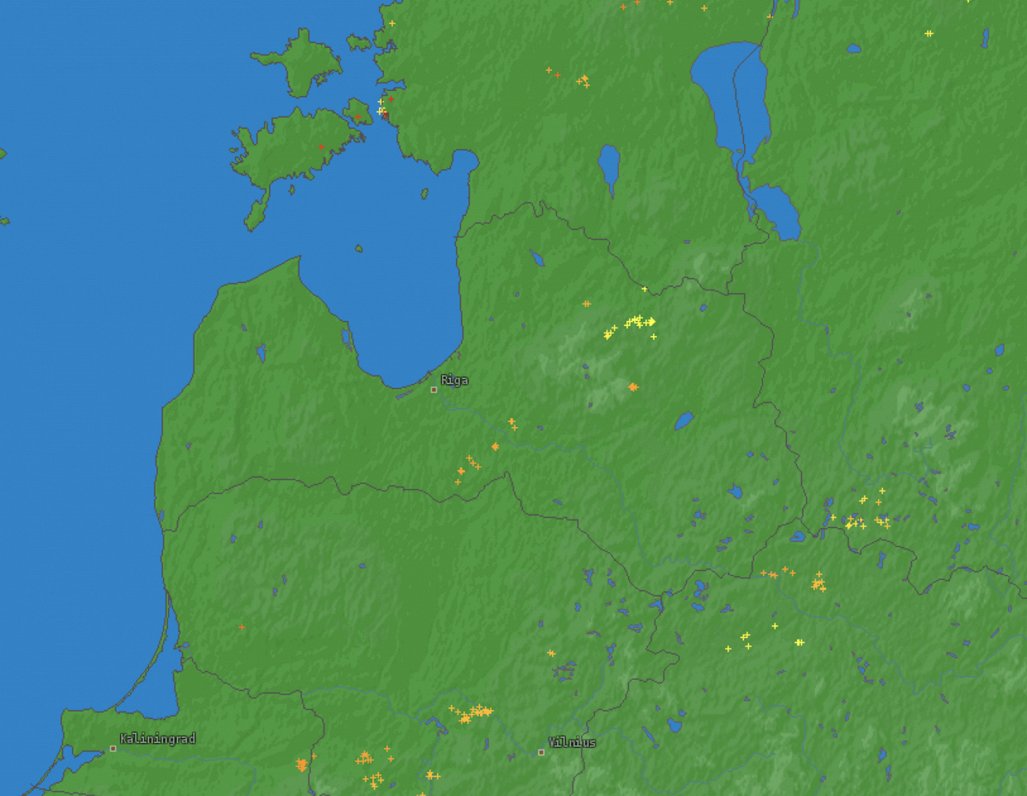Economists stress that the full effects will be worth assessing after a year and a half as the situation remains changeable and challenging.
Economist Pēteris Strautiņš of the Luminor bank pointed out that the objective of all countries is to minimise the inevitable decline in economic activity and to help people whose activities are directly affected by the constraints imposed by the pandemic.
Lithuania
The Lithuanian Government has provided the most generous aid to citizens and businesses in the COVID-19 crisis. Its economic and financial action plan focuses on ensuring the health of the population, helping small and medium-sized enterprises and stimulating employment and the economy as a whole. The Lithuanian government intends to allocate 10% of the country's GDP (around EUR 5 billion) to this purpose. The sources come from budget funds, leveraged funds, European Union structural funds and state grants.
Lithuania stands out with the fact that special aid is provided to small and micro-enterprises employing up to nine people. EUR 100 million was allocated in subsidies for these companies.
Lithuania has not attempted to save any of its economic giants with the ambitious support.
"It has come up with what could be called helicopter money - money for everyone or nearly everyone, unconditionally," said economist Pēteris Strautiņš.
In Lithuania, there is a one-off payment of EUR 120 for each child, and all pensioners receive EUR 200 with no questions asked. Strautiņš explains this generous gesture with forthcoming elections and a desire for the existing political power to reap the fruits of victory.
Latvia
Latvia ranks second in terms of the simple amount of aid measures, with more than EUR 4 billion. The first help for businesses and residents arrived in the early days of the crisis in March, when the state began paying employees downtime compensation and offering companies tax holidays.
Latvia stood out with the provision of direct support to companies, in particular, allocation of EUR 250 million to the national airline airBaltic.
Estonia
In Estonia, the measures in the national budget aimed at alleviating the COVID-19 crisis and stimulating the economy are nearly EUR 2.4 billion. Estonia has chosen a similar approach to Latvia's.
For example, Estonia granted a special credit line to companies that have difficulties obtaining loans in banks. The state also compensated employees early.
"Special aid for agricultural producers was also distributed at EUR 200 million, which is not as specific in Latvia's case," said SEB Bank economist Dainis Gašpuitis.
To support households, Estonia reduced the excise tax on fuel and electricity. Support measures for the tourism industry were adopted in a very timely manner.
Dainis Gašpuitis said that it is too early to highlight the benefits or losses of one country at the moment, as the impact will be assessed about a year later. It will then be possible to judge which aid measures have or have not achieved the desired effect, since there are some differences between the countries.





























